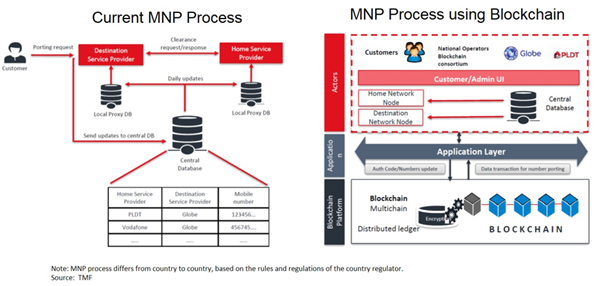867-5309 … some of you might be old enough to remember this song from Tommy Tutone dating all the way back to 1981. That was nearly 40 years ago, but strangely enough, I remember that phone number. And I also remember phone booths, pay phones and the ability to go to the phone store and get a new phone to match the new color of my bedroom. But enough nostalgia.
In today’s world mobility rules, and with that the need or desire for landlines has rapidly declined.
(Full disclosure: I still have two landlines at my house. Why? Because I simply prefer to talk on my much higher quality landline than my inconsistently acceptable mobile line.)
Midway through 2018, the number of households in the United States that were wireless only stood at 54.9%. However, this number jumps to over 77% when looking at households with adults aged 25 to 34. This reflects a similar trend found in a study conducted by Ofcom (the UK regulator) where the younger generation has a preference to communicate via instant messaging applications and social media rather than via voice conversation.
So it’s safe to say that landlines are rapidly going the way of the rotary dial …
The real question is: Do phone numbers even matter?
An interesting nugget from the Ofcom research is the suggestion that remembering phone numbers – or even the need to dial them – is quickly becoming a thing of the past. As such, the anatomy of the phone number – the area code, prefix and line number – have become less relevant.
This opens up some interesting possibilities regarding the future of phone numbers.
For instance, how about a phone number for life, similar to a social security or insurance number? According to the Ofcom study, this is a highly desired option by the younger generation.
As such, regulators around the globe, including Ofcom, are looking closely at using blockchain technology to improve how telephone numbers are managed, particularly as related to how numbers are ported between operators.
Blockchain will allow regulators (or those entities responsible for the allocation of phone numbers) to create transactions (in this case, consumer porting) between parties and manage the lifecycle of a telephone number, transforming data to support voice call routing and ownership.
As many of us know and have experienced, porting a number from service provider to service provider can be a complex and frustrating experience. And this frustration grows as more operators enter the market – particularly on the mobile side.
Enter blockchain
The current process for number porting is cumbersome and is challenged by the fact that many of the processes are manual, resulting in errors and delays. In addition, solutions are reliant on consistent global databases across operators, which offers not only a single point of failure due to the centralized nature of the database, but also delays in processing due to required regular updates to the database.

The use of blockchain allows all phone numbers to be managed in a single decentralized ledger thus reducing the single point of failure and enabling standardized access and routing lookup for all operators on a global basis. It would also eliminate delays as real time view is provided by the blockchain. In addition, all participants have access to the latest records since updates are continuous to the database.
The result is that a person could potentially keep the same phone number regardless of the country of residence, or the operator providing the service.
The key advantages of using blockchain as an alternative to traditional methods of managing industry number management and number port processes would include the following:
- Improved customer experience when moving a number between providers
- Lower regulatory and business costs
- Increased industry agility
- More effective management of nuisance calls and fraud
While this concept may work well in a singular country, it would require all major operators around the globe to embrace it before we could truly experience the “lifetime” portable phone number.
But never say never … 867-5309 …
